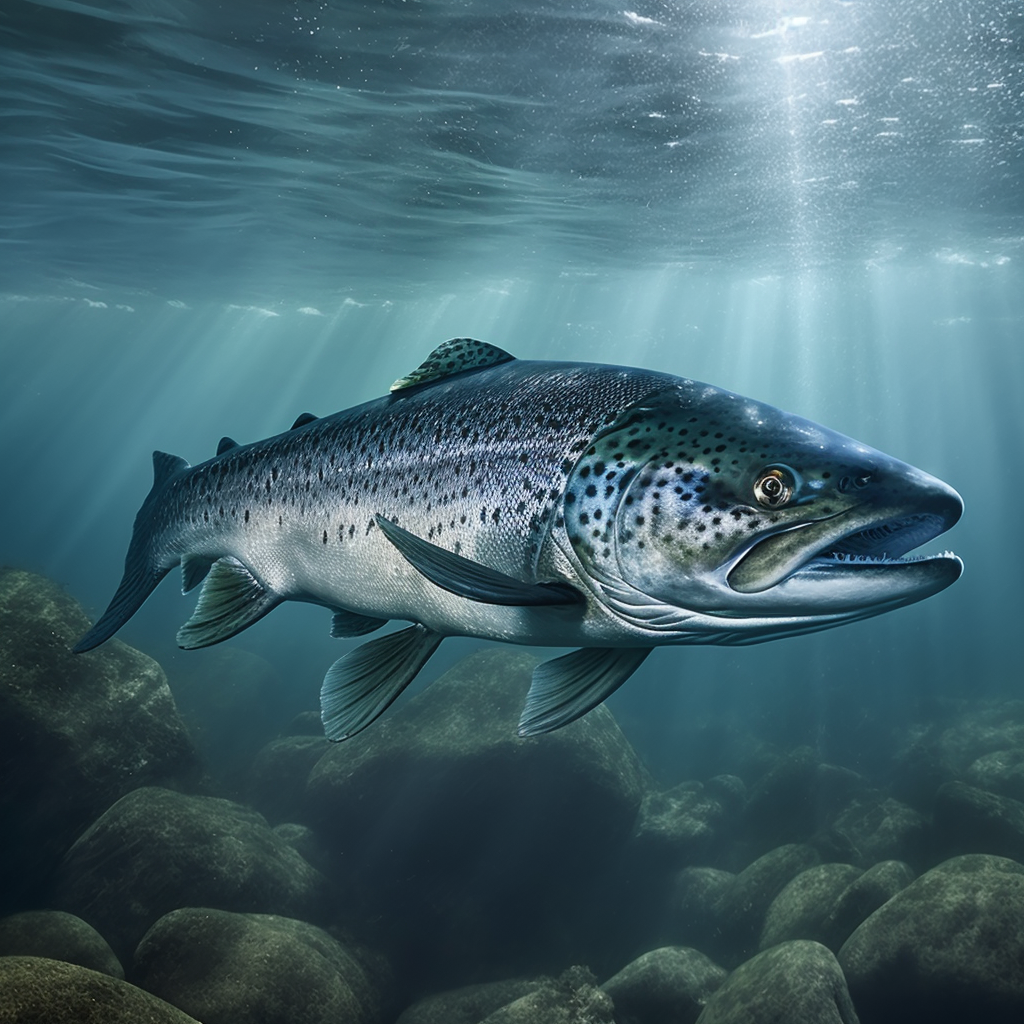December 13, 2023
Revealing the Global Biodiversity Crisis – Latest IUCN Red List Update
Book a Demo
In a recent United Nations climate conference in Dubai, the International Union for Conservation of Nature (IUCN) unveiled the latest Red List of Threatened Species. This list highlights a worsening global biodiversity crisis, largely attributed to the impacts of climate change.
The IUCN’s report underscored a decrease in several species, including the Atlantic salmon and various turtle species. This decline is primarily due to warmer climates, along with human-made hazards such as water pollution and the construction of dams.
The Red List now encompasses data on a staggering 157,000 species, with over 44,000 of them facing the threat of extinction. This marks an increase of 2,000 from the previous year. Particularly vulnerable to these changes are amphibians, with 41% at risk of extinction due to their inability to adapt to climate change-induced higher temperatures and drought.
Despite the dire findings, there was a glimmer of hope in the report. It shared some encouraging news with the mention of two antelope species showing signs of recovery due to conservation efforts. One of these is the scimitar-horned oryx, which has shown promising signs of bouncing back.
However, the IUCN’s updated Red List paints a grim picture for many species. The report stated that climate change is aggravating conditions for approximately 6,700 species out of the over 44,000 currently threatened with extinction.
The Atlantic salmon is now deemed near threatened due to a 25% population drop from 2006 to 2020. Climate change has also been linked to population declines in certain types of turtles.
The report also revealed the results of the first comprehensive assessment of freshwater fish species. Alarmingly, a quarter of these species face extinction risk from threats such as climate change, pollution, and overfishing. This is a stark contrast to the positive news of recovery in two antelope species, including the scimitar-horned oryx.
The latest update to the IUCN’s Red List serves as a sobering reminder of the ongoing global biodiversity crisis. It underscores the urgent need for continued and expanded conservation efforts, as well as the importance of addressing climate change.
Science4Data is committed to cut through greenwashing and measure real impact. Join the journey to a sustainable future. Your actions matter.



